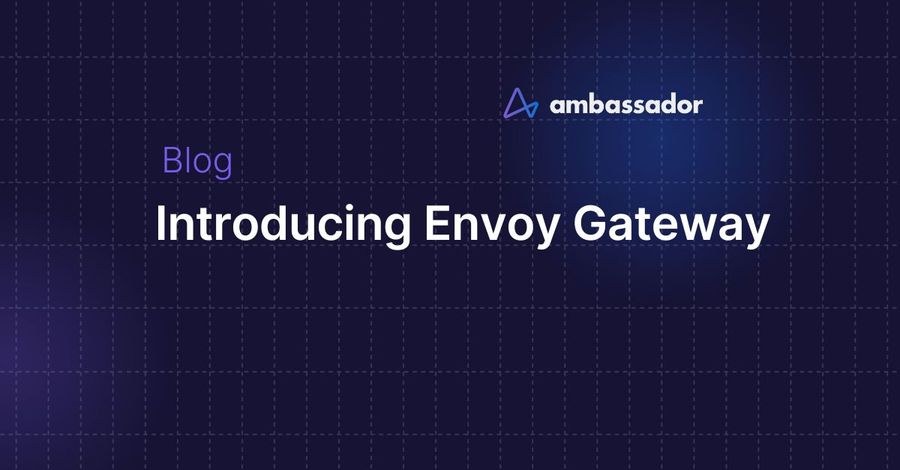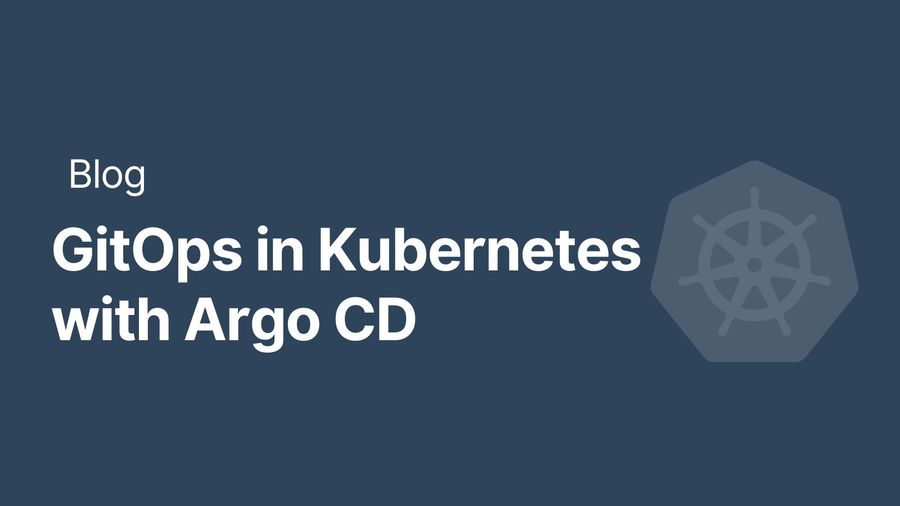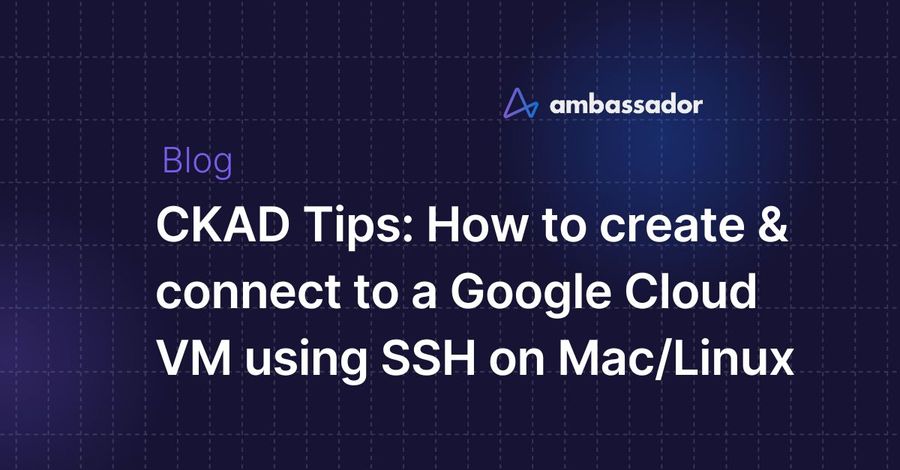
Telepresence
In the world of platform engineering, there’s an abundance of toolsets, each with its promise of being a one-stop solution. But only a few live up to that.
In this article, I’ll introduce you to the 10 tools tested and trusted by platform engineers worldwide.
1. GitLab
June 16, 2022 | 11 min read

Kubernetes API Gateway
Today, we’re excited to announce Envoy Gateway to the world, in partnership with the Envoy Proxy project, Fidelity, Tetrate, and VMware. Envoy Gateway is an open source API Gateway, with an emphasis on simplicity and ease-of-use. Before I talk more about Envoy Gateway, I wanted to tell you a story …
Five years ago, I had been spending time learning about microservices with John Billings and Joseph Lynch at Yelp, and they told me about this new project, Envoy, that this guy Matt Klein had been sharing with a bunch of the tech companies in Silicon Valley. Long story short, I tracked down Matt, and invited him to speak at the 2017 Microservices Practitioner Summit, and he introduced Lyft’s Envoy Proxy to the world.
After listening to Matt’s talk, I knew immediately that Envoy represented the future. A few months later, we started building what became the Edge Stack API Gateway for Kubernetes, built on Envoy Proxy. A year later, I wrote in more detail about why we chose Envoy over NGINX and HAProxy. The rationale in that article has stood the test of time, and Ambassador API Gateway (now renamed Emissary-ingress) is now deployed in tens of thousands of companies and is an official CNCF incubating project.
May 16, 2022 | 5 min read

Kubernetes API Gateway
When some developers think of Infrastructure as Code (IaC), what typically comes to mind is using tools like Terraform to provision virtual machines and other cloud infrastructure.
In this tutorial, however, we will be taking a look at a Continuous Delivery strategy that allows us to not only define our infrastructure as code, but our application configuration as well using ArgoCD. Ready? Let’s dive into it!
What is GitOps?
March 22, 2022 | 16 min read

Kubernetes API Gateway
In order to effectively build cloud native applications, your engineering organization must adopt a culture of decentralized decision-making, create a supporting platform, and implement continuous delivery to move faster. In this series, we’ll discuss key patterns in cloud native application development. We will present why they’re effective, how to implement them in your organization and the consequences of doing so. We will also, and provide examples using popular cloud native tools and explain how these fit into your current software delivery lifecycle (SDLC). In the first part of this series, we’ll discuss canary releases and show an example of how to implement them with the Edge Stack API Gateway (which is powered by the CNCF Emissary-ingress project).
What is a Canary Release?
A canary release is a software testing technique used to reduce the risk of introducing a new software version into production by gradually rolling out the change to a small subset of users, before rolling it out to the entire platform/infrastructure.
March 21, 2022 | 9 min read

Telepresence
It’s probably no surprise that getting a Kubernetes certification can be very beneficial to your career. That’s why the number of people who register for the CNCF Kubernetes certifications has continued to increase over the years.
But just like any other certification exam, not everyone passes. This usually happens for many reasons — lack of preparation, not knowing what to expect during the exam, etc.
To help you increase your chances of getting a CNCF Kubernetes certification, I reached out to 10 people who took the exam, passed, and became certified Kubernetes practitioners and asked them to share their most important tip.
February 10, 2022 | 7 min read

Telepresence
Welcome to the second article of my CKAD Tips series where I share my learnings while studying for the CKAD.
Every week, I will demystify Kubernetes concepts you need to know before taking the CKAD and simplify them using real-life examples to make preparing for and passing the CKAD easier for you.
Getting Started with CKAD: What did I struggle with?
January 19, 2022 | 9 min read











